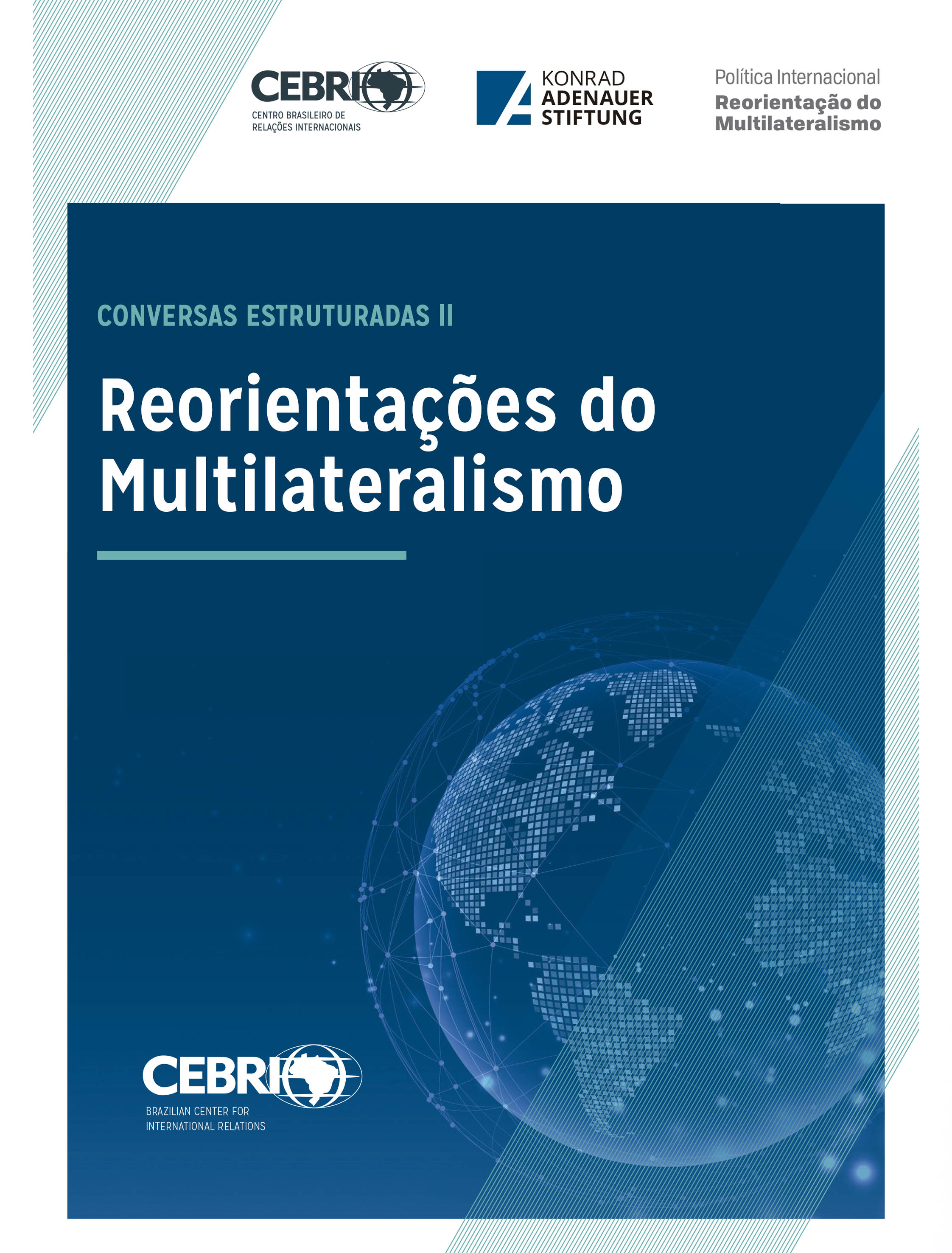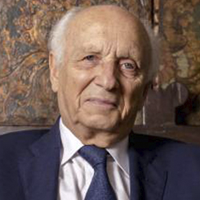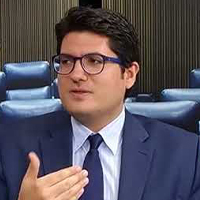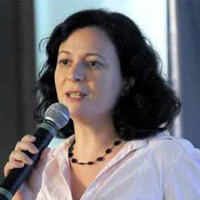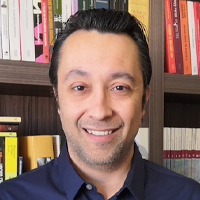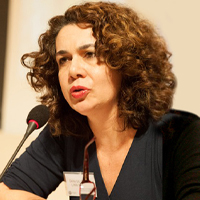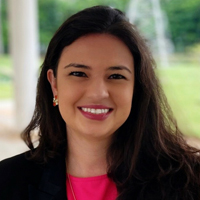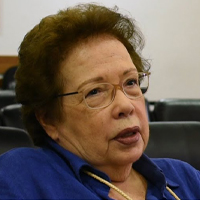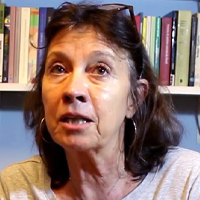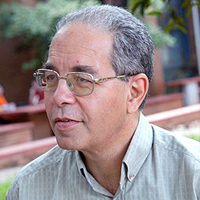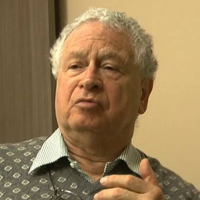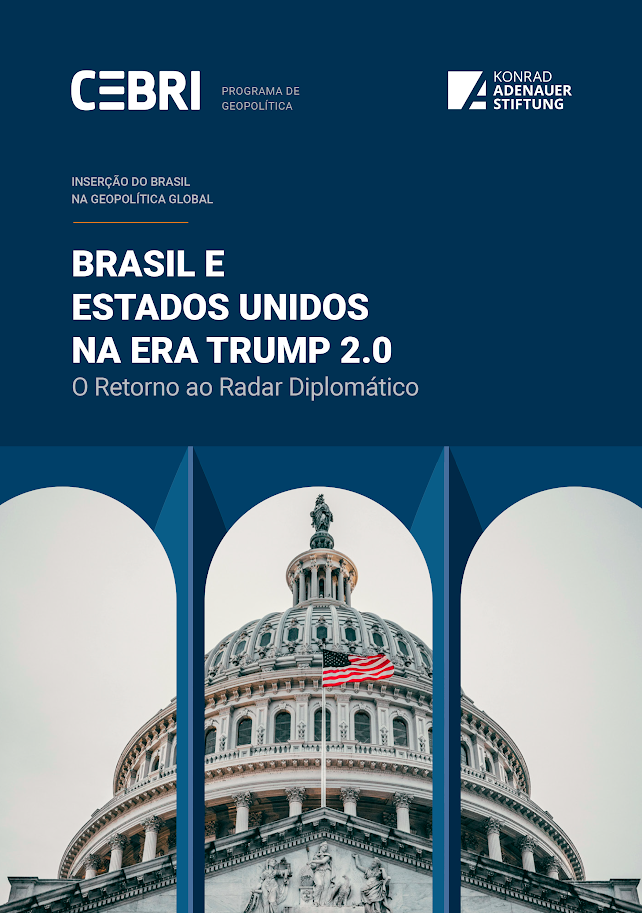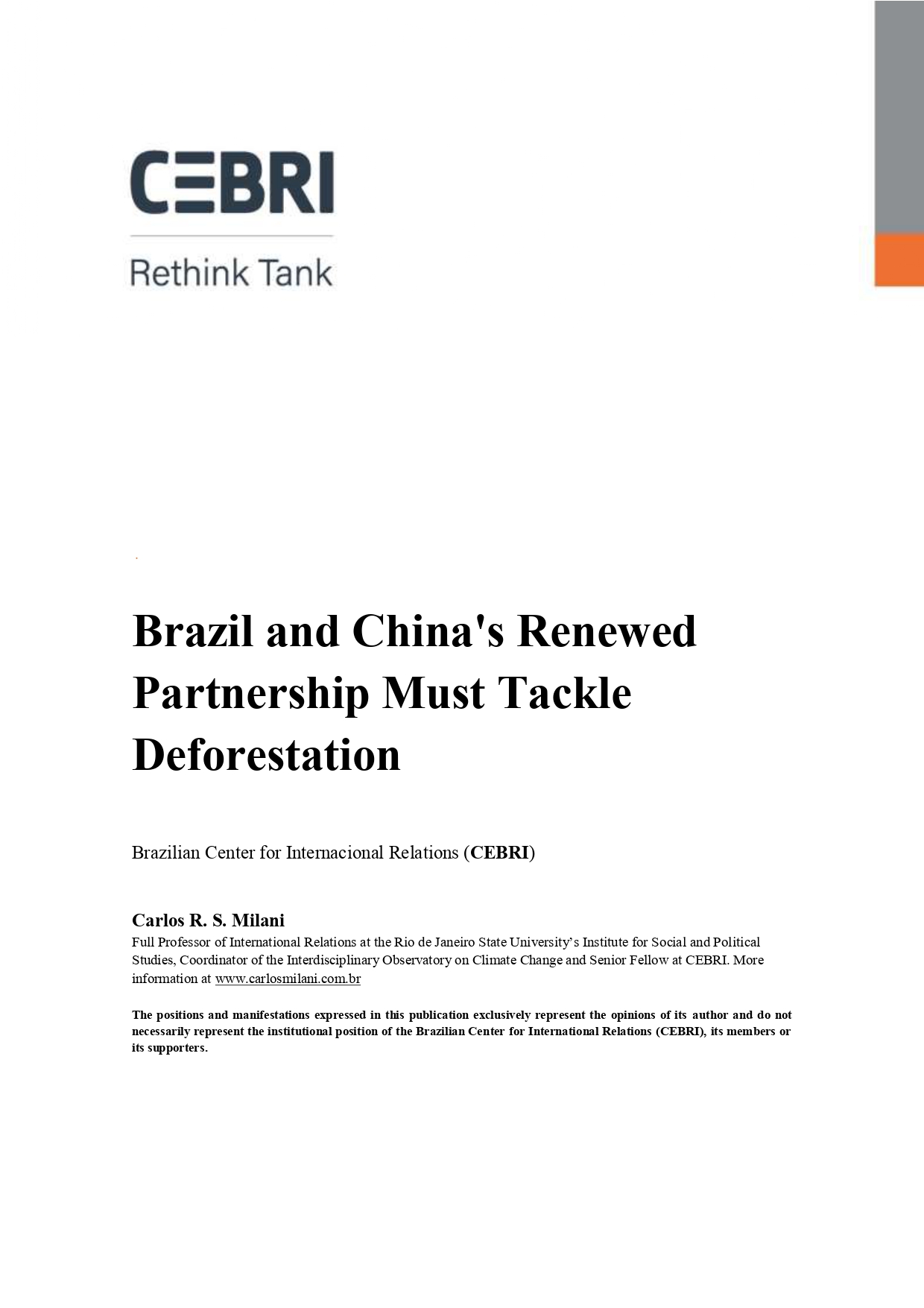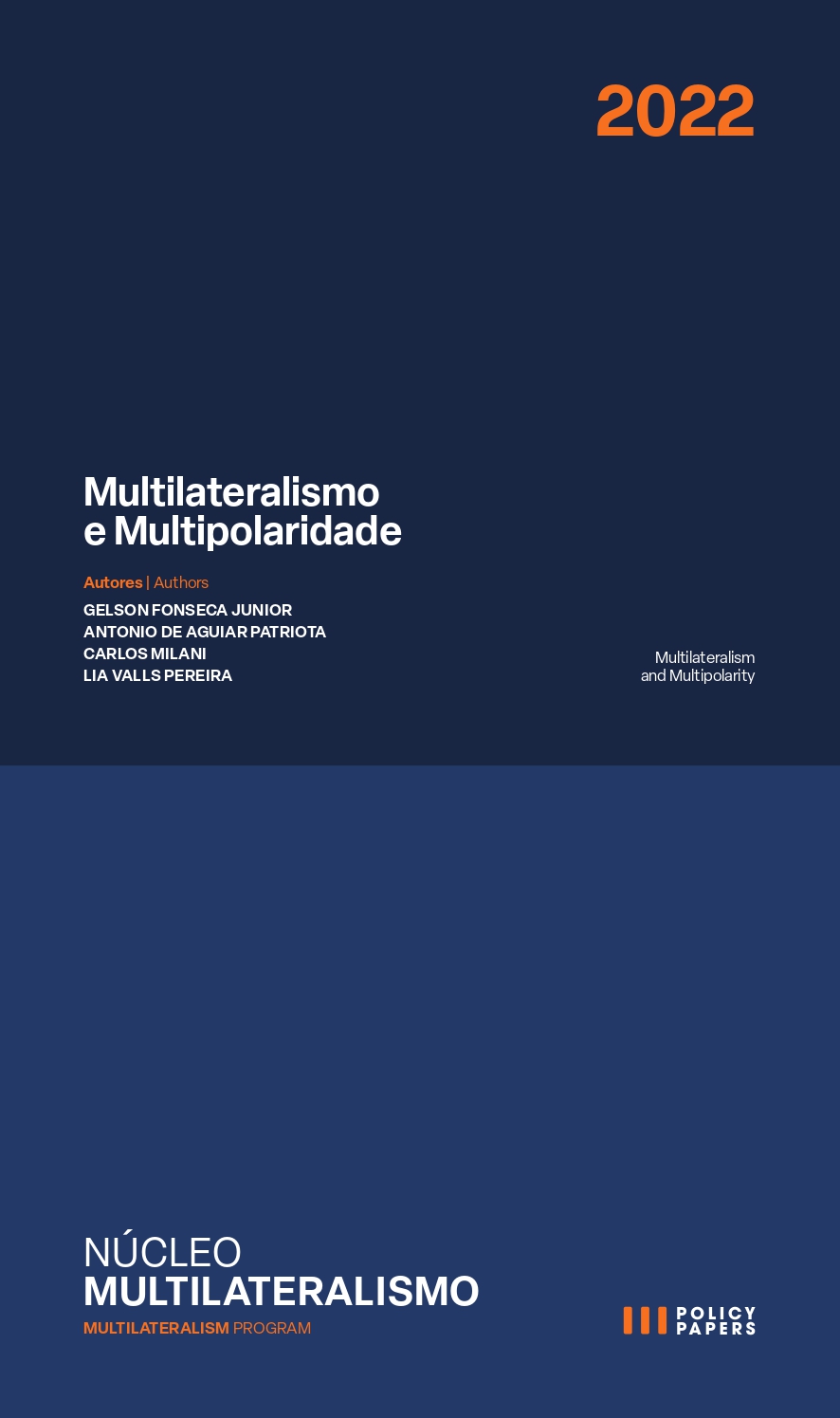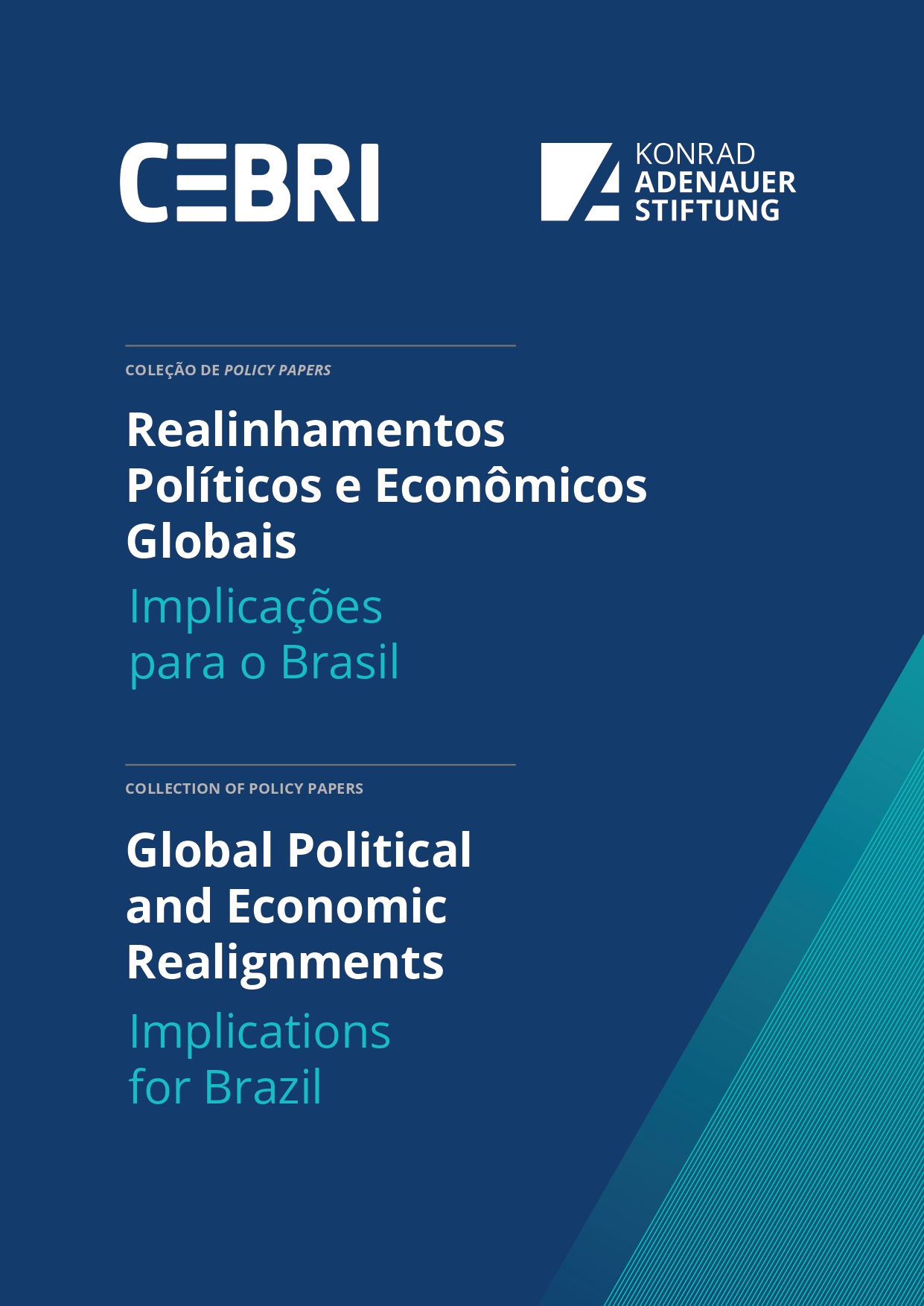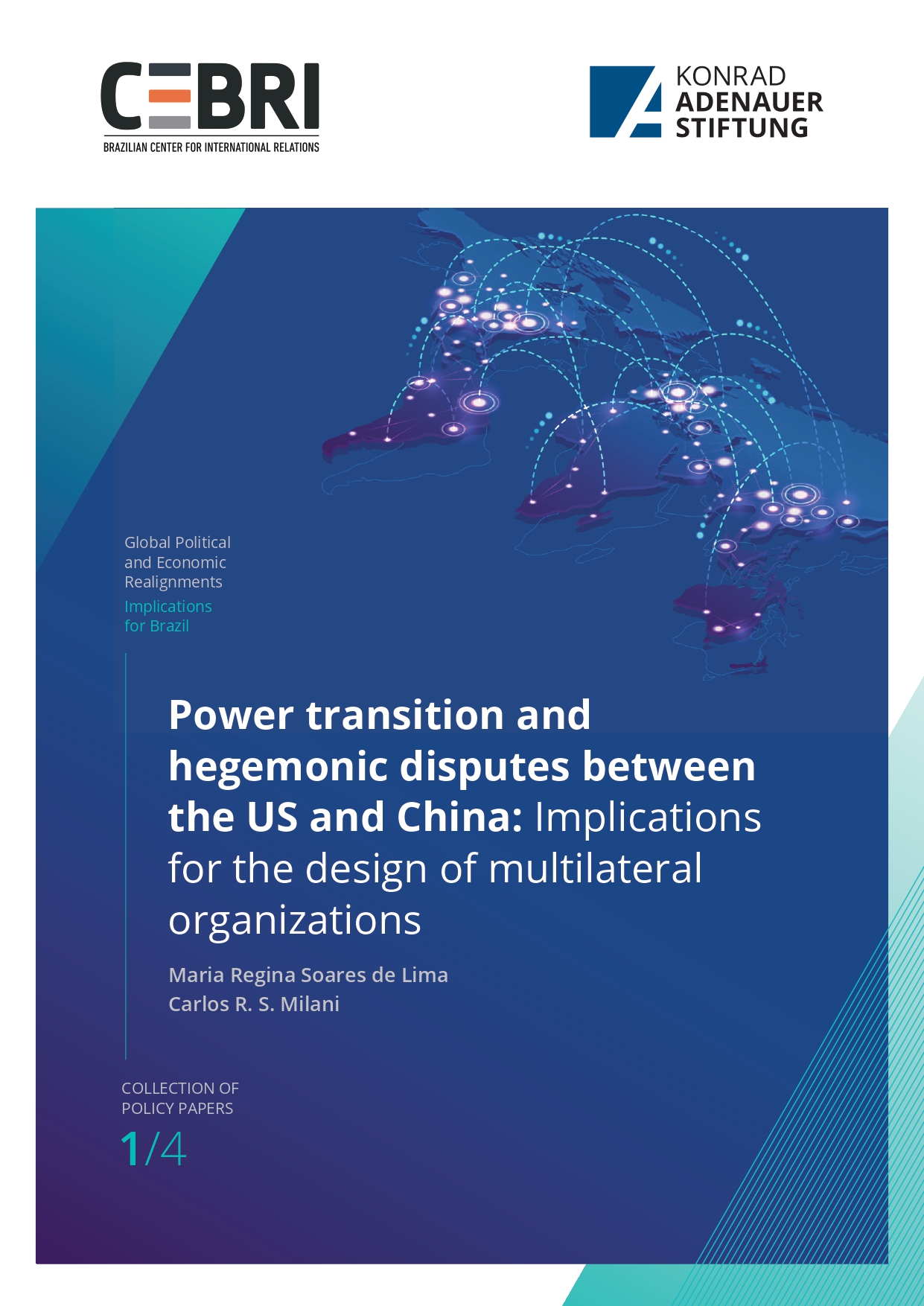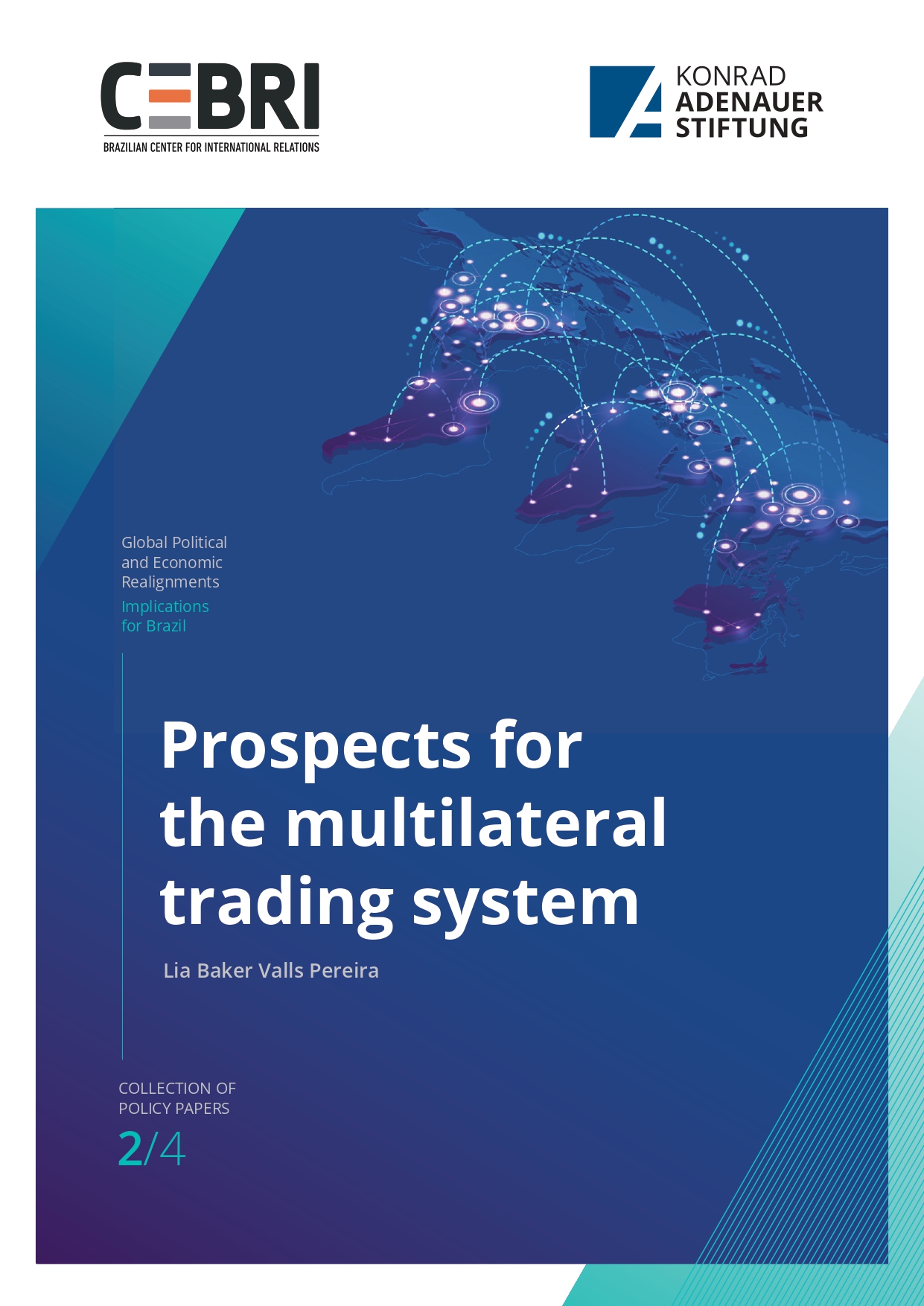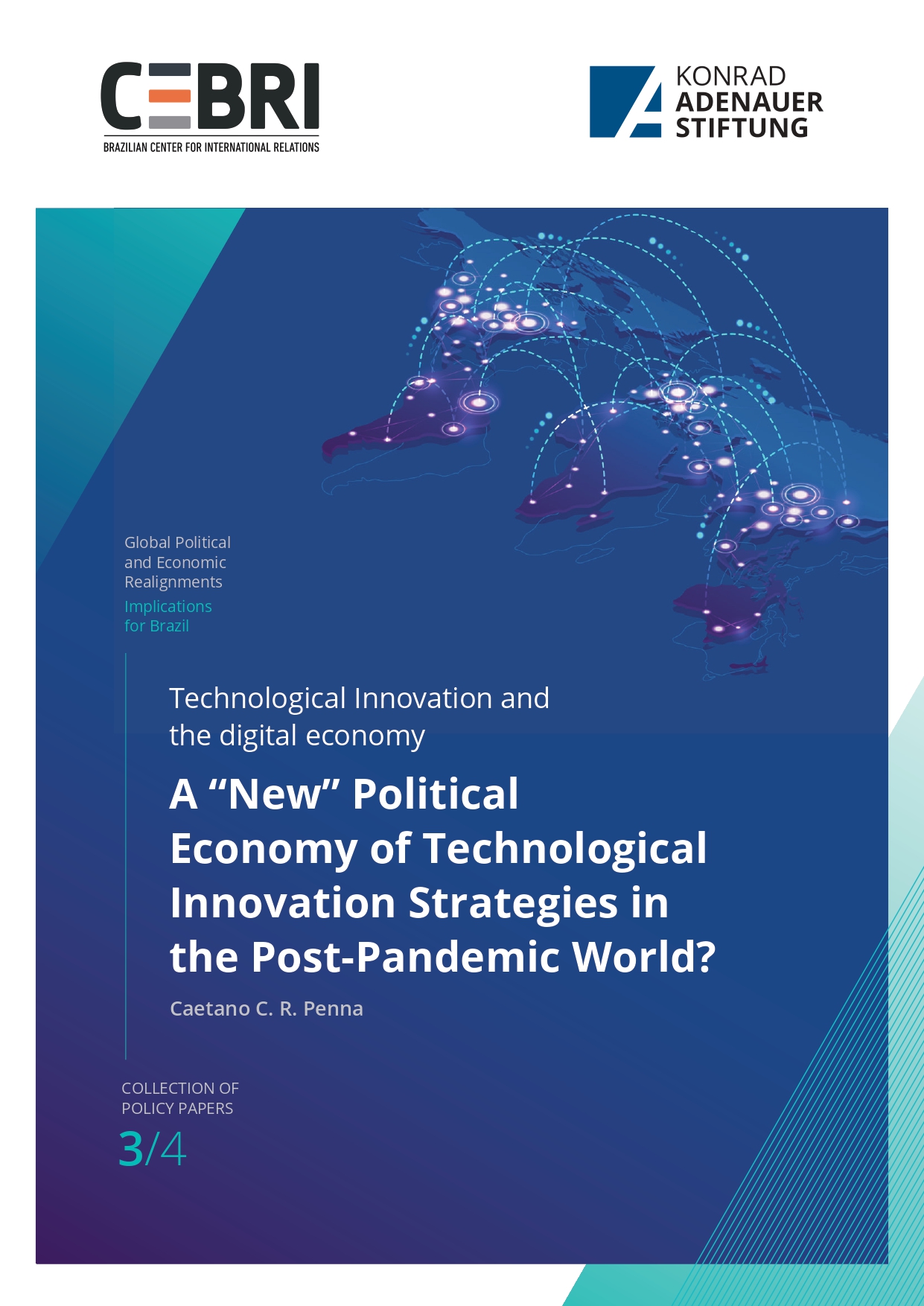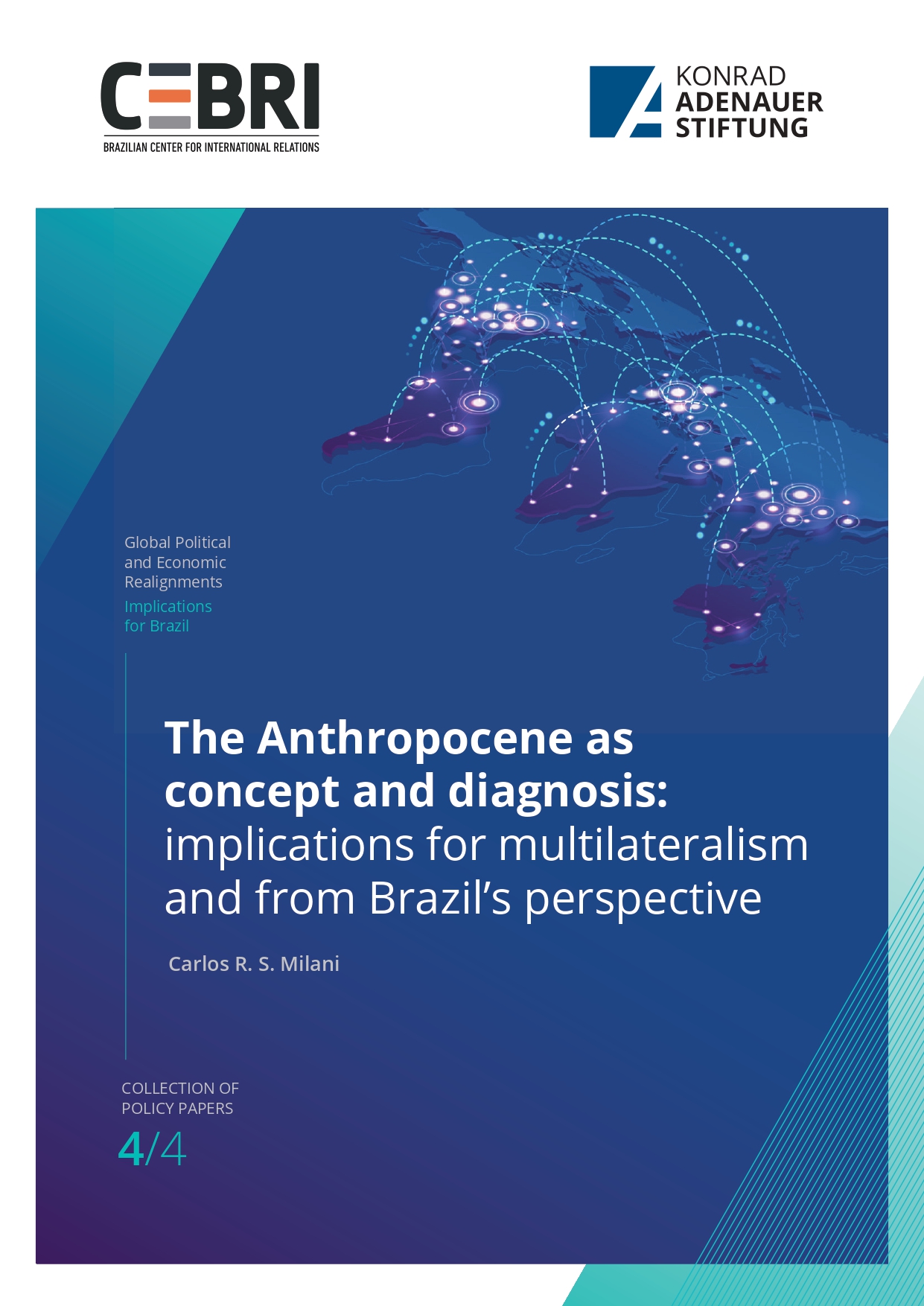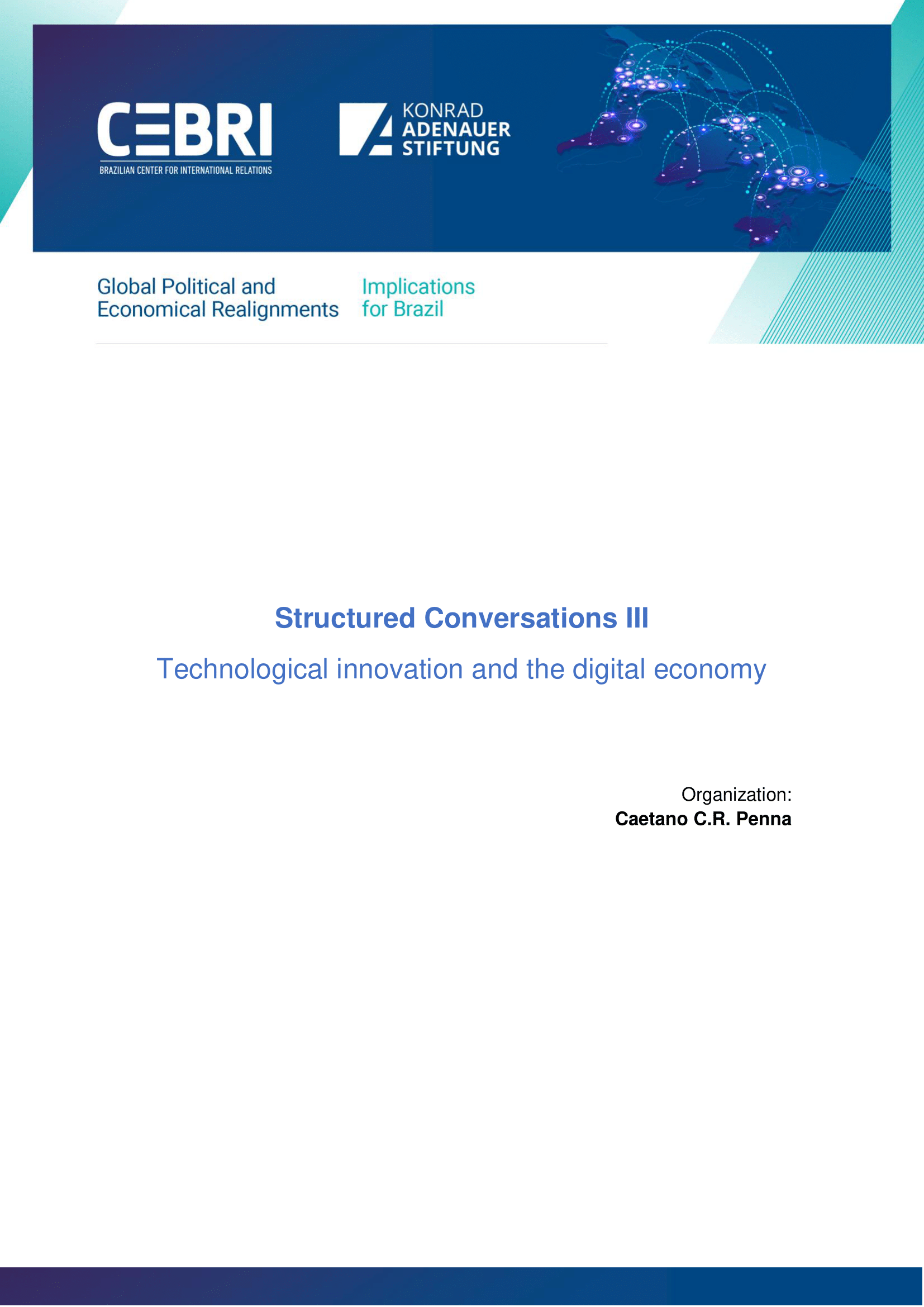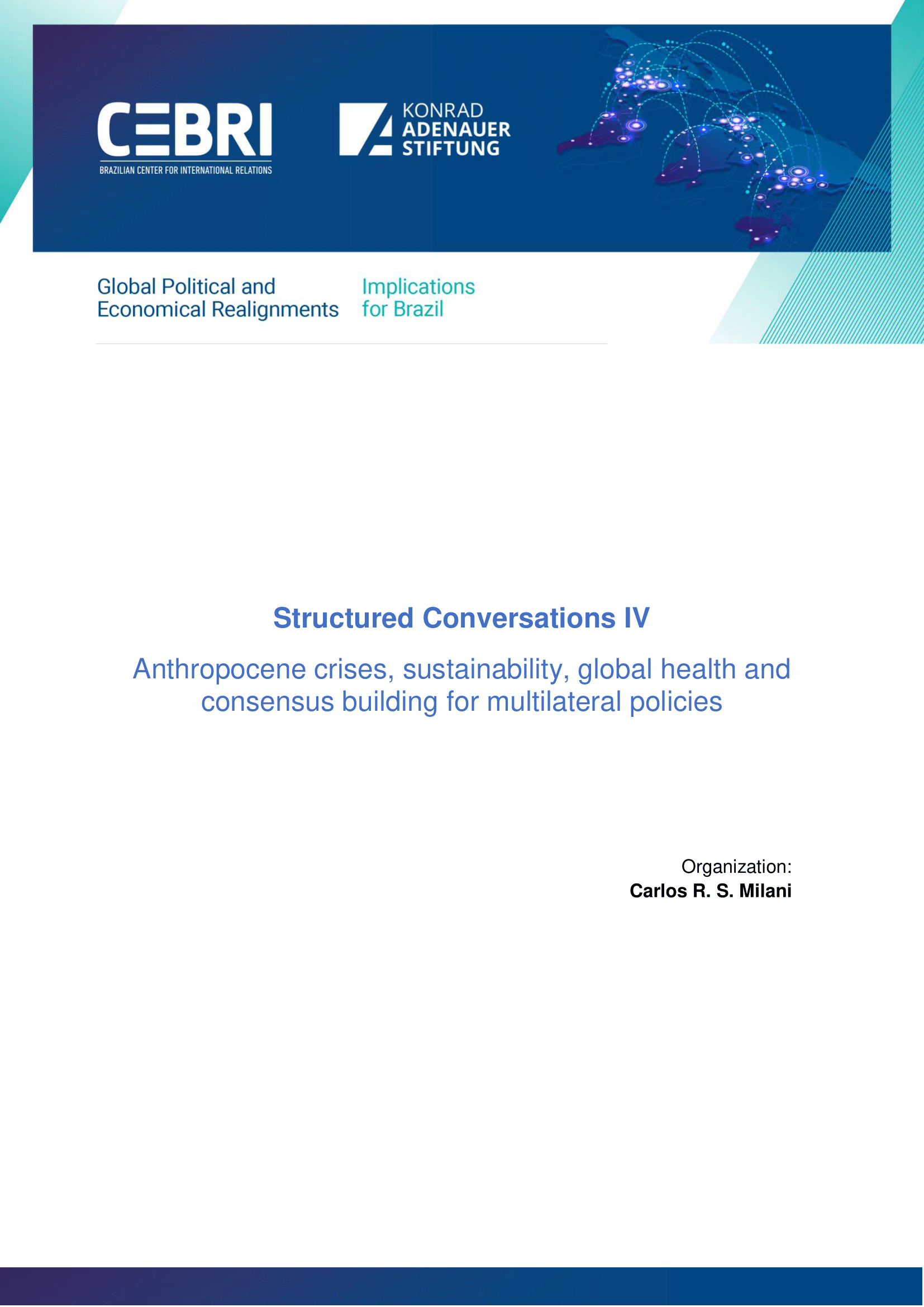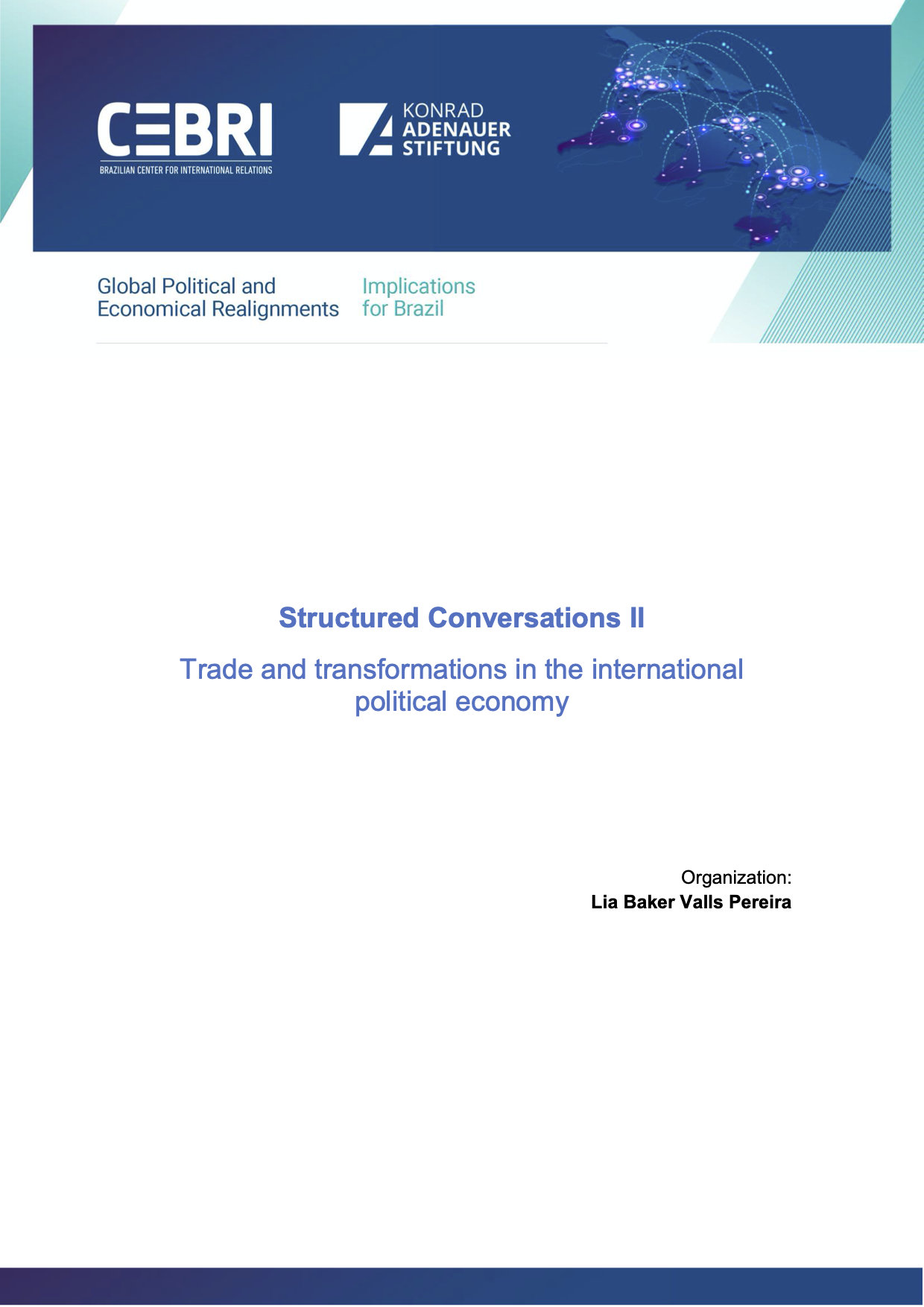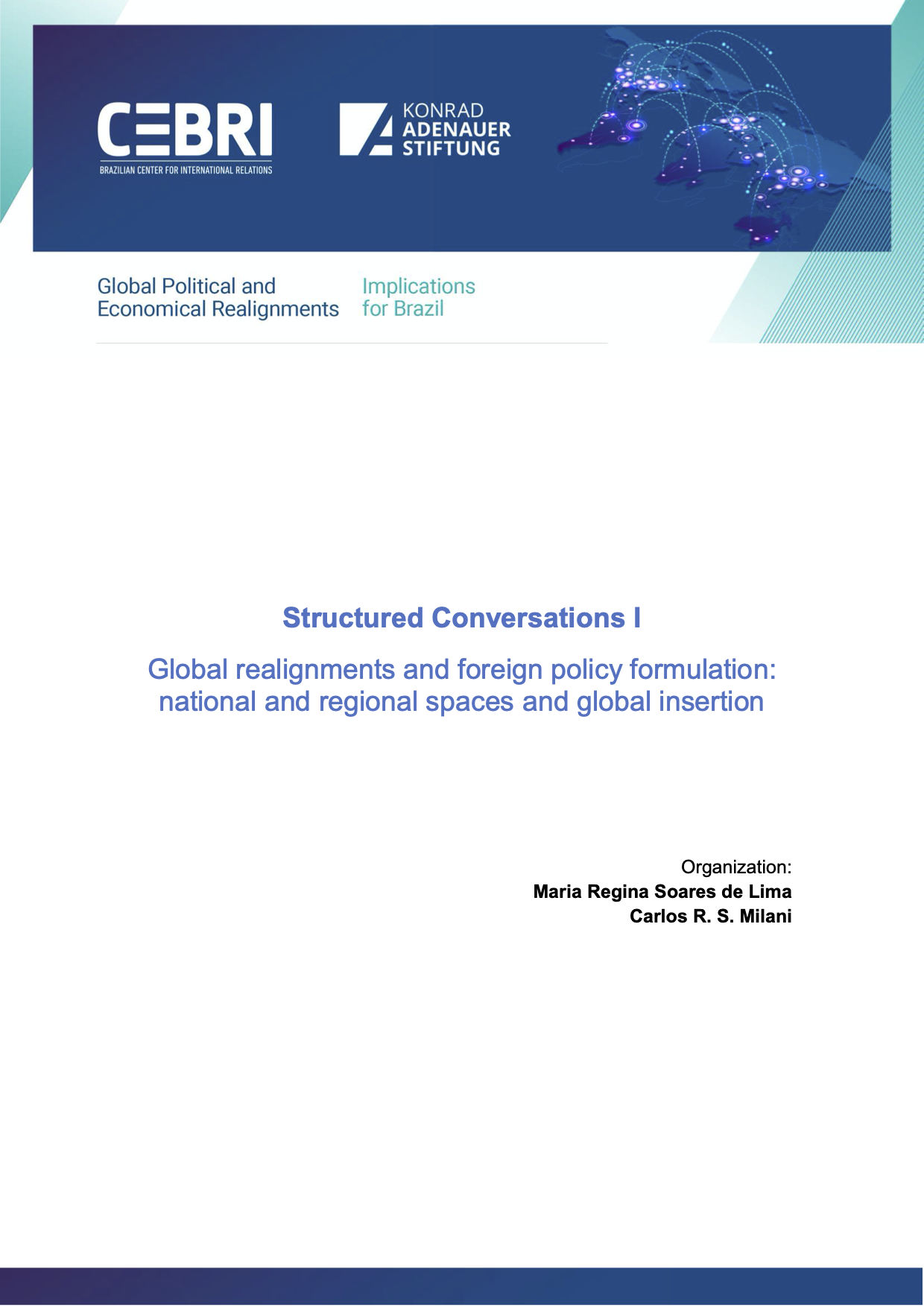Interviews
Conversas Estruturadas II | Reorientações do Multilateralismo
- Multilateralism
- 28 october 2020
As part of the "Reorientation of Multilateralism" project, in partnership with the Konrad Adenauer Foundation, three documents were prepared along the following thematic areas: I- Evaluation of regionalism and integration experiences in Asia; II- Evolution of American foreign policy after the presidential election and its implications for Brazil, and III- Possible scenarios for reformed political multilateralism and its implications for Brazil.
Ambassador Rubens Ricupero points out that “in addition to the new challenges of globalization, an autonomous factor in the crisis of multilateralism has been the progressive erosion of the system based on standards, on the United Nations Charter, and on the search for consensual solutions through a participatory and democratic decision-making process".
Only available in Portuguese.
As part of the "Reorientation of Multilateralism" project, in partnership with the Konrad Adenauer Foundation, three documents were prepared along the following thematic areas: I- Evaluation of regionalism and integration experiences in Asia; II- Evolution of American foreign policy after the presidential election and its implications for Brazil, and III- Possible scenarios for reformed political multilateralism and its implications for Brazil.
Ambassador Rubens Ricupero points out that “in addition to the new challenges of globalization, an autonomous factor in the crisis of multilateralism has been the progressive erosion of the system based on standards, on the United Nations Charter, and on the search for consensual solutions through a participatory and democratic decision-making process".
Only available in Portuguese.
